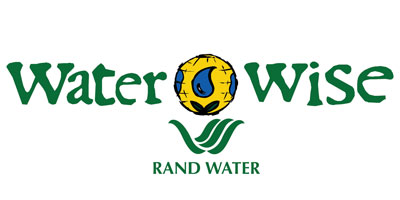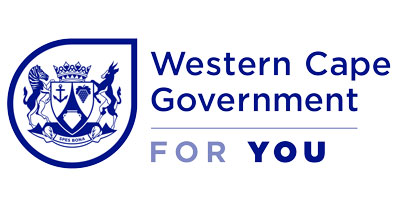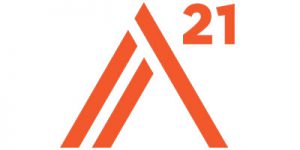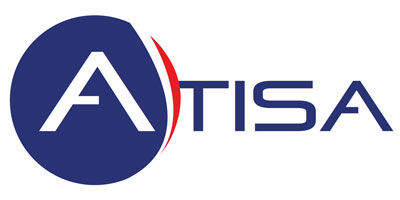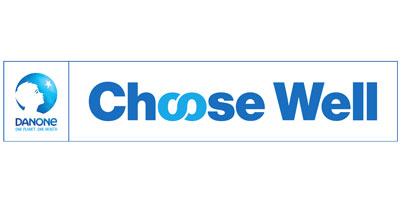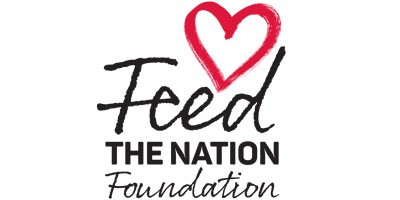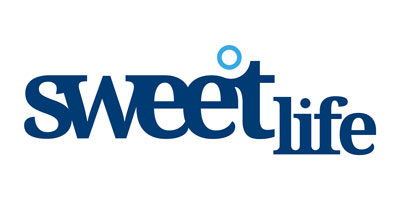Author: Rebecca Phiyega
No one in our lifetime could have anticipated the kind of year 2020 has turned out to be. The world, in a way, seems to feel like it is going through a whole shake-up. Not only that but the shake-up is playing itself out in more than one area of our lives. The irony of this is that the shake-up is not only affecting South Africa but the entire world. One timeline, same problem and varied solutions to the problem.
COVID19 highlighted the complexity of the world we live in but has also asked us to review, as humans, the way in which we do things. It affected economies, social fabric, religious fabric, family units and the political landscape. So almost everything as we knew it, was turned around. One observation on COVID19 is that it taught all of us that we are not in CONTROL. Whilst we have tried to CONTROL everything, the landscape is changing fast and, in the process, even re-arranging how we think, behave and most importantly ADAPT to a new way of doing things.
The hardest thing that we are all going to have to contend with is the call for behavioural change.
At first, we watched people in Wuhan, China on television sets going through daily routines of washing hands, home cooking, cleaning homes daily, sanitising areas and their hands. It was going back to basics in a habitual way. All of this was what we were designed to do as humans, however we had forgotten to do. Despite the lockdown, social distancing, and quarantines they stayed on course. Then slowly various places around the world started recording their 1st cases or patient zero’s – forward to a couple of months later, the world is learning to go back to basics and staying on course.
I speak about staying on course because the current life challenges under COVID19 has made us so exhausted mentally, physically, emotionally and in most cases left us feeling drained even financially.
Staying on course requires what I call self-management. Most of us are managing our households daily, have become teachers, chefs, nurses, motivational speakers and creatives at home. All these roles sometimes leave an adult exhausted. In fact, it feels as though there is an obstacle course to muddy-princess or Spartan race daily.
Self-management – is the ability to prioritize goals, decide what must be done, and be accountable to complete the necessary actions. We must play an ACTIVE role in managing our personal finances.
I apply three principles:
- Be active – Being active means that you are going to actively show initiative with regards to your finances and taking an ownership approach. Give yourself time to go through your monthly bank statements and other statements that are being sent to you.
- Self-Audit – Auditing is not an exercise reserved for accountants, but it is important to have an approach to auditing your life, relationships and finances. You will not keep a friendship that is always drawing your emotional state and leaves you exhausted and worthless all the time. Your finances are also the same. Going through all your debits, contracts, reviewing what or who is crunching your money is important.
- Goal setting – Just because we are going through a pandemic it does not mean we should lose sight of our goals. Now more than ever where some are working from home and some are, because of sectors they are in, going to work, it is important to chart a course that is goal based. Setting goals and actively having an approach and strategy towards that goal gives us hope. For example, when was the last time you took time to review your banking package, your insurances and your investments? When was the last time you looked at something and admitted to yourself that you are not ready for it and, as such, it gives you an opportunity to plan for it in the future? Goals need to be simple and SMART.
- Apply this SMART principle towards your finances i.e.
- Specific – narrow down your goals – for example instead of repainting and redecorating the house, you can elect to choose one room at a time as a mini project.
- Measurable – find a way of checking your progress, for example are you going to gather all costs from various suppliers of paint and services and compare what fits your pocket?
- Attainable – put time frames as to when you would like to complete the projects? Using our example above – finish painting the children’s room and decorating in 1 and ½ months.
- Relevant – your goals should align with your financial values and long-term objectives. Using our example above, long term goal – revamp the house to increase its value in the market.
- Time Based – Set realistic time frames. Every project has a beginning and end. Adhering to timings that are realistic helps you to focus and review each decision you make and yes also write down learnings whilst you are at it.
- Commitment – Is like an invisible contract that you make with yourself. It is that thing that stands between you and taking ownership of things you can control. It is charting a new course and staying on course to achieve your dreams and develop better money management skills.
Various institutions have now come up with money management tools, calculators, simple budget plans, savings accounts with good interest rates, consolidation apps and even money architype apps that help you to check the relationship with money emotionally.
So, whilst we are social distancing and trying to make sense of the world. Your income and money do not require SOCIAL DISTANCING but requires ACTIVE PARTICIPATION from you. Stay safe, stay on course and have a prize in mind that is determined by you.








